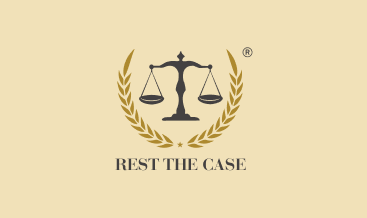
WHO IS A SIGNATORY?
A signatory is a person who signs a document and is subjected to it. The co-signer for the loan is a signatory. A person signing a contract and creating a legal obligation is known as a signatory. There can be many signatories for one specific contract. And over time, this word is being used for a country or person who signs a peace treaty. A person can be a signatory for mortgage, marriage, lawsuit, adoption, or an employment contract.
Authorised Signatory is any person who has respect for the Administrative Agent and with any obligor received a signed certificate by a director or an Authorised Signatory setting out the signature and name of such a person and confirming the person’s authority to act. Any person who is represented as being authorised to sign on behalf of the Issuer.
What is an authorized signatory?
An authorized signatory is a person who’s given the right or authority to sign the documents on behalf of the authorizing organisation.
What is the company signature authorization?
There are designated officers within an organisation are authorized to process and approve official documents, and third-party agreements on behalf of the organisation are often referred to as “authorized signers” or signatories.
The signature authorization process forms a broader Delegation of Authority Policy establishing a procedure for approval, appointing, signing authority, and defining the scope of authority. The policy includes general responsibilities for authorized signatories to follow when you review, approve and process the company contracts and documentation.
DUTIES OF A SIGNATORY
Typical duties of a signatory are:
- Dealing with resolutions
- Authorizing/signing goods/product orders
- Delivering and signing official documents with third parties
- Serving as a company’s agent
- Signing and authorizing permits, passes or time-sheets
- Giving any notices
- Executing any specific undertakings and approvals
In personal, banking and business, the account holders can authorize other people to manage the account. These are called authorized signatories. Many banks require authorized signatories as well.
Some standard permissions held by authorized signatories are:
- Ability to sign the cheques
- Access to transactions history
- Access to the account’s balance
- Ability to close the account
- Ability to cancel cheque payments
CONCLUSION
Individual authorized signatories in personal banking use an account separately if the mandate says any or either or several authorized signatories can sign.
If the mandate requires both or all or joint authorized signatories to sign the account, it means that other authorized signatories must authorize the transactions.
Author: Ankita Agarwal




